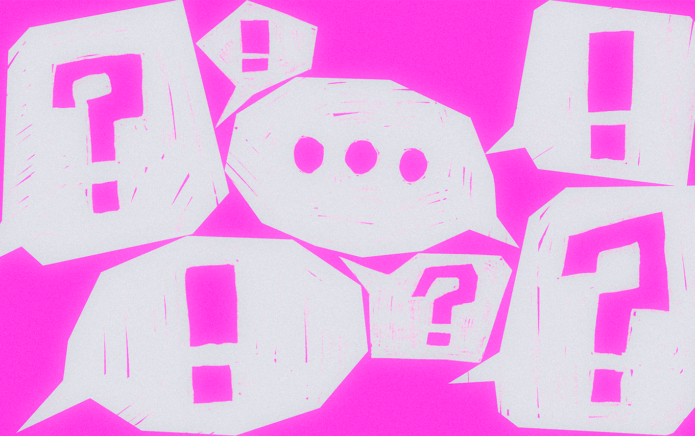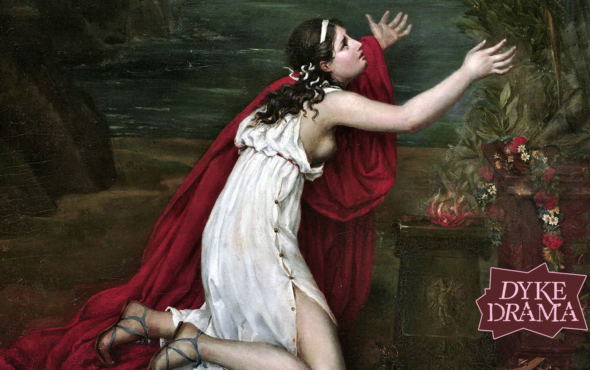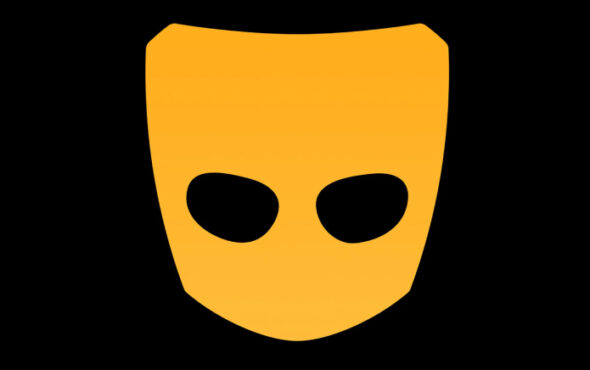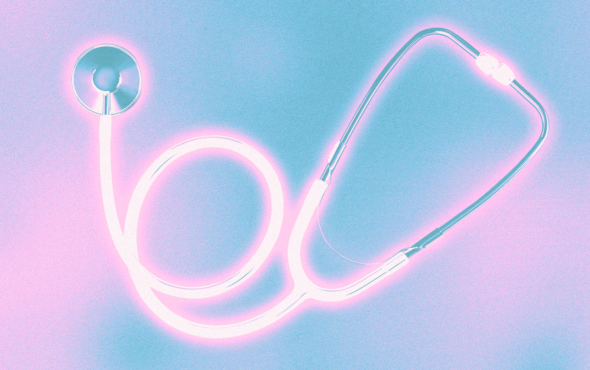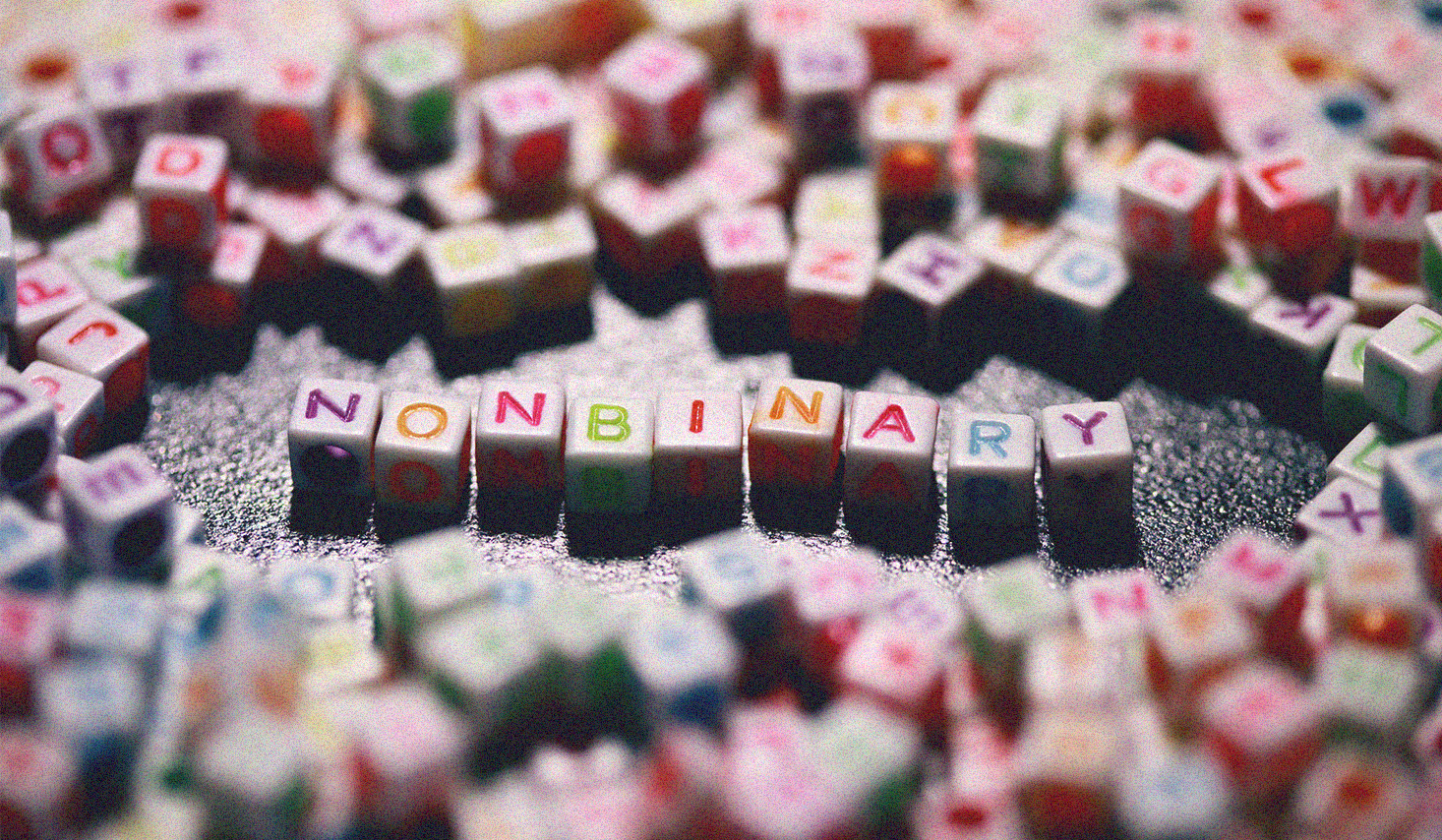
I’m not a rookie when it comes to coming out. Since the age of 14, I’ve questioned and re-questioned and come out and re-come out a good few times along the way.
I’m a firm believer that this isn’t something to be ashamed of. We spend our lives being told we must be straight and cisgender, so it’s hardly surprising that the process of figuring out who you are isn’t always straight forward (pun intended). One day at a time.
Sometimes, my non-binary journey feels like something I stumbled into, almost by chance. Other times, it feels like a carefully plotted map, leading me to the person I am now, albeit in unexpected ways.
But, when I first started questioning my gender in late 2020, it definitely felt like the former – I was blindsided. I really didn’t see it coming.
It was during a university module on gender that I first started to grapple with what gender was, what it meant and in turn, what that meant for me. I didn’t sleep properly for three weeks. I laughed with my housemates about how often they heard me pattering downstairs for some toast. But, while I made light of it then, I was in turmoil.
It took me months from the first flashes of wondering to properly sit in the feeling that maybe I was non-binary. I talked to (unbelievably kind) strangers online instead of opening up to my friends. I casually flicked through the pages of a book on gender exploration in front of my partner but couldn’t bring myself to buy it.
It felt like worlds were shifting inside of me and I ached with how enormous it felt to embody the word.
What felt even scarier was all the parts of me that didn’t fit within the confines of the ‘proper non-binary person’ I had internalised. Why, as an AFAB non-binary person, had I loved princess dresses as a child? Why had I never sought out male friends? Why did I like pink more than blue?
The stereotypes that wrap themselves around trans and/or non-binary people and who we are allowed to be were standing between me and accepting myself.
It certainly wasn’t a coincidence that all of this was going on while I was training as an LGBTQ+ ambassador with Just Like Us. Even as someone with a lot of queer friends, I had never been lucky enough to be thrown together with so many other LGBTQ+ people all at once.
For anyone that doesn’t know, Just Like Us is the LGBTQ+ young people’s charity. Their Ambassador Programme is for LGBTQ+ 18 to 25 year olds who want to volunteer, learn new skills and meet a bunch of other LGBTQ+ people from across the UK.
By becoming an ambassador, I was finally in a space where a new set of pronouns was nothing to write home about and people felt safe to be themselves.
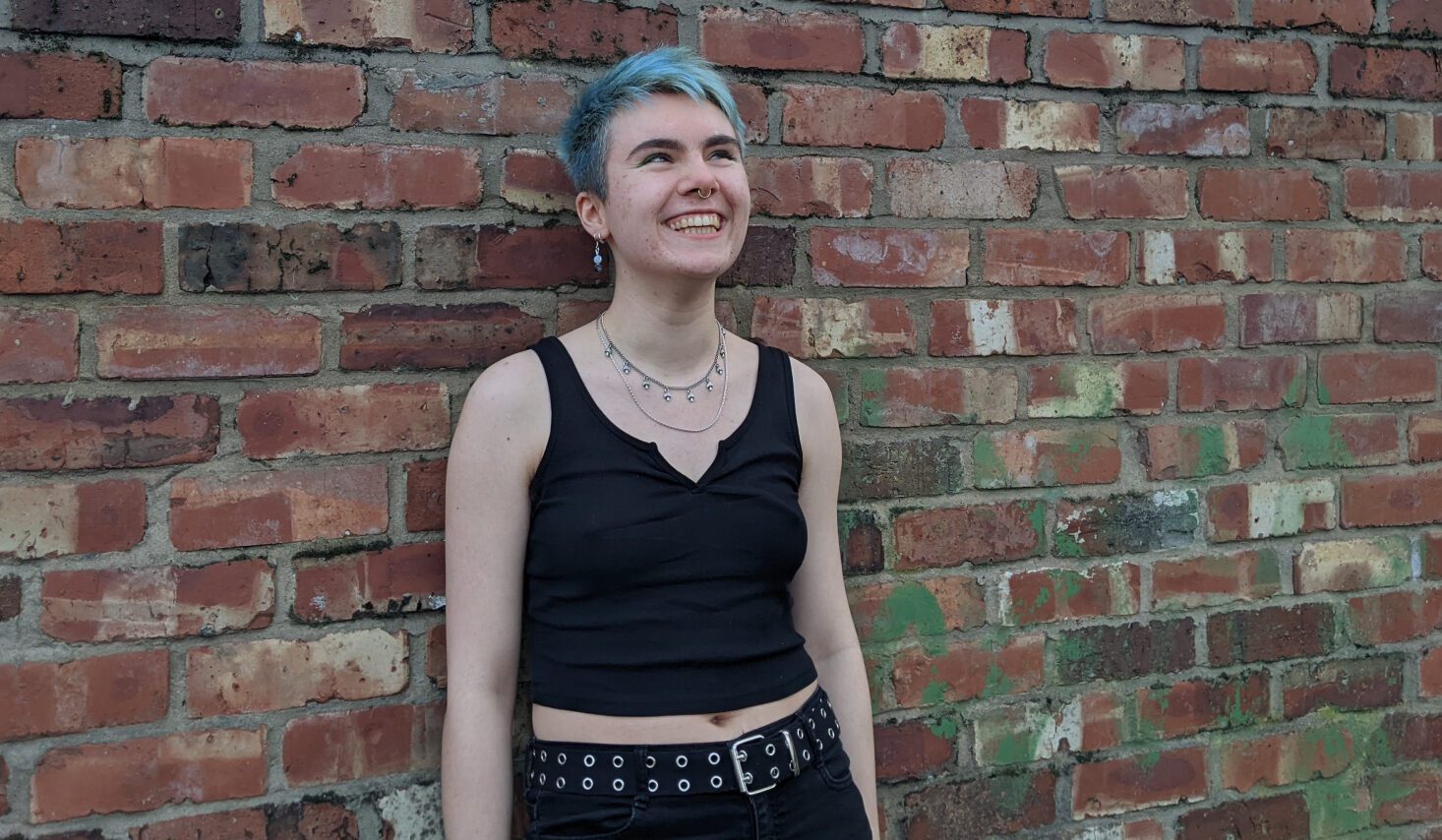
Volunteering as an ambassador also means speaking in schools about being LGBTQ+, so the next generation gets better representation and more inclusive education than we did. Getting ready to speak in schools, it struck me that I was going to have to introduce myself with my pronouns.
At this point, I was using they/them with a select few friends and my partner, and I wasn’t out at university nor to my family. But I knew if I was going to take the plunge, there couldn’t be a better place for it than with Just Like Us.
Reading my name and pronouns off the PowerPoint and telling my story for the first time was a huge moment for me. And I haven’t looked back.
As we celebrate Non-Binary People’s Day, I’ve been thinking about what the world is like for non-binary people, and why the prospect of facing this part of my own identity was so terrifying.
It unfortunately remains true that non-binary people are often not seen – by the law, by friends, family, and strangers. Even sometimes by the broader LGBTQ+ community.
And in turn, we are not given opportunities to see ourselves. Media representation of non-binary people is in its infancy, and it’s even thinner on the ground for those with intersecting marginalised identities, like non-binary people of colour. I still remember how powerful it was watching Mae Martin’s show Feel Good – both because of their talent and because they seemed to feel a bit like I did.
The best part of volunteering with Just Like Us is knowing that I am providing the representation and the education I so needed when I was younger. The impact of seeing someone like you living proudly as themselves should never be underestimated. It can be life-changing.
This Non-Binary People’s Day, I urge you to delve into the work and words of non-binary people, check-in with your non-binary friends, and if you are an LGBTQ+ person between 18-25, consider volunteering with Just Like Us.
Sometimes being that representation is what it takes to give you the courage to see and accept yourself.
Tallulah is a volunteer with Just Like Us, the LGBTQ+ young people’s charity. Sign up now to get involved.
